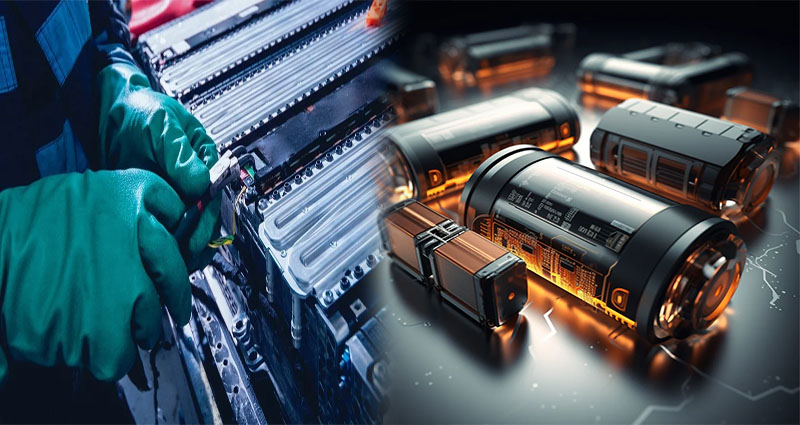Lithium-ion batteries have long been the cornerstone of electric vehicle (EV) technology, providing the power and energy density needed to propel these sustainable vehicles on the road. Over the years, significant breakthroughs in lithium-ion battery technology have been achieved, revolutionizing the EV industry and pushing the boundaries of what electric vehicles can achieve in terms of performance, range, and affordability. These advancements have accelerated the adoption of EVs and are paving the way for a cleaner and greener future of transportation.
One of the key breakthroughs in lithium-ion battery technology is the improvement in energy density. Energy density refers to the amount of energy that can be stored in a battery per unit volume or weight. Higher energy density means that batteries can store more energy without increasing in size or weight, thus enabling EVs to travel longer distances on a single charge. Advances in lithium-ion battery chemistries, such as the development of higher-capacity cathodes and anodes, have significantly increased energy density, allowing for EVs with longer ranges and improved performance.
Another breakthrough in lithium-ion battery technology is the reduction in charging times and the improvement in charging infrastructure. Fast-charging technologies, such as DC fast chargers and ultra-rapid chargers, have made it possible for EV owners to recharge their vehicles in a fraction of the time compared to conventional charging methods. This has addressed one of the main concerns of potential EV buyers – range anxiety – by making it more convenient and practical to own an electric vehicle.
Furthermore, advancements in battery management systems (BMS) have improved the efficiency and longevity of lithium-ion batteries. BMS technology monitors and controls the charging and discharging processes of the battery, optimizing performance and ensuring the safety and reliability of the battery pack. Intelligent BMS systems can also enable features such as thermal management, state-of-charge tracking, and predictive maintenance, extending the lifespan of the battery and enhancing overall battery performance.
Moreover, research into solid-state batteries and other next-generation battery technologies is pushing the boundaries of lithium-ion battery technology even further. Solid-state batteries offer higher energy density, improved safety, and faster charging rates compared to traditional lithium-ion batteries. These advancements hold the potential to revolutionize the EV industry by further enhancing the performance and capabilities of electric vehicles.
The impact of these breakthroughs in lithium-ion battery technology extends beyond the realm of electric vehicles. The electrification of other sectors, such as renewable energy storage and grid-scale applications, is also benefiting from these advancements. By providing a reliable and efficient energy storage solution, lithium-ion batteries are helping to integrate renewable energy sources into the grid, reduce greenhouse gas emissions, and create a more sustainable energy system.
Breakthroughs in lithium-ion battery technology are revolutionizing electric vehicles and shaping the future of transportation. The continuous innovation and improvement in energy density, charging infrastructure, battery management systems, and next-generation battery technologies are driving the widespread adoption of electric vehicles and accelerating the transition towards a cleaner and more sustainable transportation sector. As research and development in battery technology continue to progress, the potential for even greater advancements in electric mobility is on the horizon, promising a future where electric vehicles are not only practical and efficient but also the preferred choice for environmentally conscious consumers.





